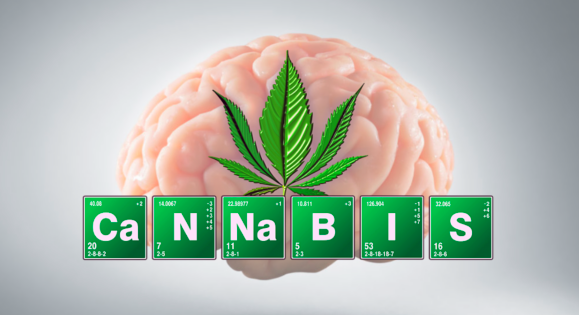Marijuana “kills” the protein that triggers Alzheimer’s
There are over 600,000 Alzheimer’s patients in Italy alone and due to the aging of the population their number is destined to grow. There is therefore a need to discover treatments to combat this pathology.
In our country, care spending exceeds 11 billion euros, of which 8 are borne by families.
A new study from the Salk Institute for Biological Studies in La Jolla, California reveals that marijuana could be the key to curing this disease which according to the WHO will triple the number of people affected by 2050.
THC, delta-9-tetrahydrocannabinol, the active ingredient of marijuana which if inhaled or ingested can cause euphoria, relaxation, altered space-time perception, but also auditory, olfactory and visual alterations, anxiety, disorientation, tiredness, and stimulation of ‘appetite. In short, the typical effects experienced by those who use cannabinoids. THC, however, according to the study reduces the levels of a protein, beta amyloid, which is at the origin of Alzheimer’s. This protein, in fact, begins its destructive process by aggregating into clusters that alter communications between synapses in the brains of Alzheimer’s patients long before forming the characteristic plaques.
The research, published in the journal Aging and Mechanisms of Disease, reveals how THC prevents the action of this protein in nerve cells. Preventing the accumulation of beta amyloid in the brain is therefore an effective way of attacking Alzheimer’s.
The researchers explained that nerve cells contain receptors that are activated by certain molecules called endocannabinoids. These lipids are naturally produced by nerve cells and help “communication” between the cells themselves. The THC contained in marijuana is completely similar to endocannabinoids and activates the same receptors, managing to protect nerve cells.

